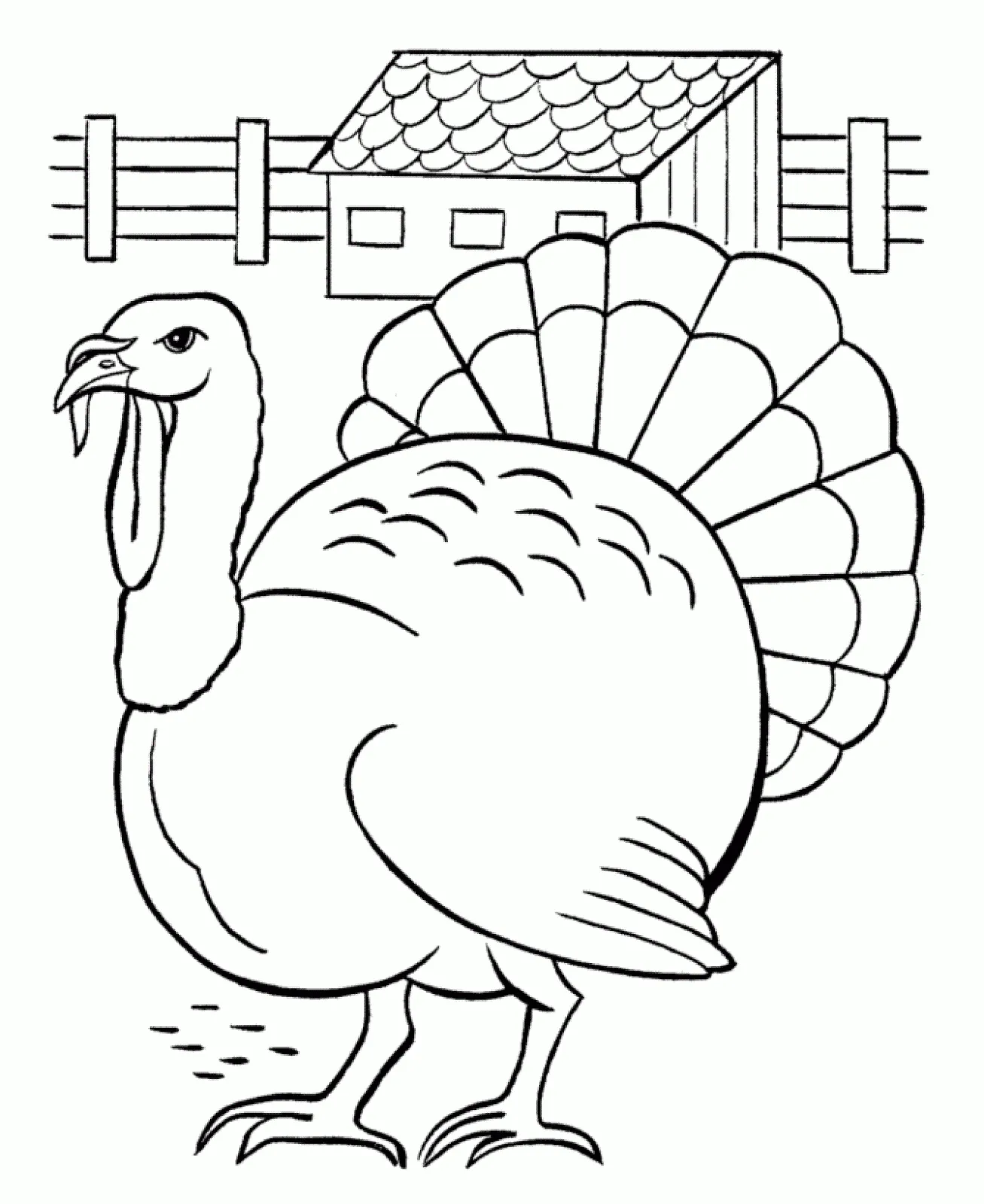Why Turkey is the Talk of the Town: Uncovering the Latest Buzz!
In the ever-evolving landscape of American agriculture and culinary culture, turkeys have emerged as a surprisingly dynamic topic of conversation. From farm to table, these iconic birds are making headlines in ways that go far beyond the traditional Thanksgiving centerpiece.
Recent developments in the turkey industry have sent ripples through agricultural communities and consumer markets alike. Avian flu outbreaks have become a critical concern, challenging turkey farmers and raising important questions about poultry health and food safety. These unexpected challenges have brought unprecedented attention to an industry typically operating behind the scenes.
The economic implications are substantial. According to industry experts, turkey production is not just a seasonal phenomenon but a year-round economic powerhouse. “Turkeys represent more than just a holiday meal – they’re a significant agricultural sector that supports thousands of jobs across the United States,” notes agricultural economist Dr. Sarah Reynolds.
Several key trends are reshaping how Americans think about turkeys:
- Sustainability Concerns
- Changing Consumption Patterns
- Innovative Culinary Approaches
- Environmental Impact Discussions
Social media has played a crucial role in amplifying turkey-related conversations. Viral memes, cooking challenges, and trending hashtags have transformed these birds from mere food items into cultural icons. Celebrity chefs like Gordon Ramsay and Alton Brown have further fueled this fascination by sharing innovative recipes and highlighting sustainable farming practices.
The environmental aspect cannot be overlooked. Consumers are increasingly interested in understanding the ecological footprint of turkey production. Plant-based alternatives are gaining traction, with companies developing turkey substitutes that promise lower environmental impact and appeal to health-conscious consumers.
Economic data reveals fascinating insights. The turkey industry contributes billions of dollars annually to the U.S. economy, with significant employment opportunities in rural and agricultural communities. “We’re seeing a remarkable transformation in how turkeys are perceived – from traditional protein source to a complex economic and cultural symbol,” explains agricultural analyst Mark Thompson.
Interestingly, holiday traditions are also evolving. While Thanksgiving remains the primary turkey consumption period, more Americans are exploring diverse cooking methods and global culinary traditions. Chefs are experimenting with techniques ranging from deep-frying to sous-vide, challenging traditional roasting approaches.
The intersection of technology, agriculture, and culinary arts is creating unprecedented opportunities. Precision farming techniques, genetic research, and advanced tracking systems are revolutionizing turkey production, making it more efficient and sustainable than ever before.
Consumer preferences continue to shift dramatically. Organic, free-range, and heritage breed turkeys are gaining popularity, reflecting a broader trend towards more conscious food choices. This evolution suggests that turkeys are no longer just a commodity but a reflection of broader societal values.
As we look to the future, one thing becomes clear: turkeys are far more than a simple holiday dish. They represent a complex ecosystem of agricultural innovation, economic opportunity, and cultural significance. The ongoing conversations surrounding these remarkable birds promise continued fascination and transformation.
Conclusion: The turkey’s journey from farm to cultural phenomenon is a testament to the dynamic nature of American agriculture and culinary traditions. As consumers, farmers, and innovators continue to explore new possibilities, the humble turkey remains at the center of an exciting and evolving narrative.
Note: This article is based on current trends and expert insights, providing a comprehensive overview of the multifaceted world of turkeys in contemporary society.






Leave a Comment